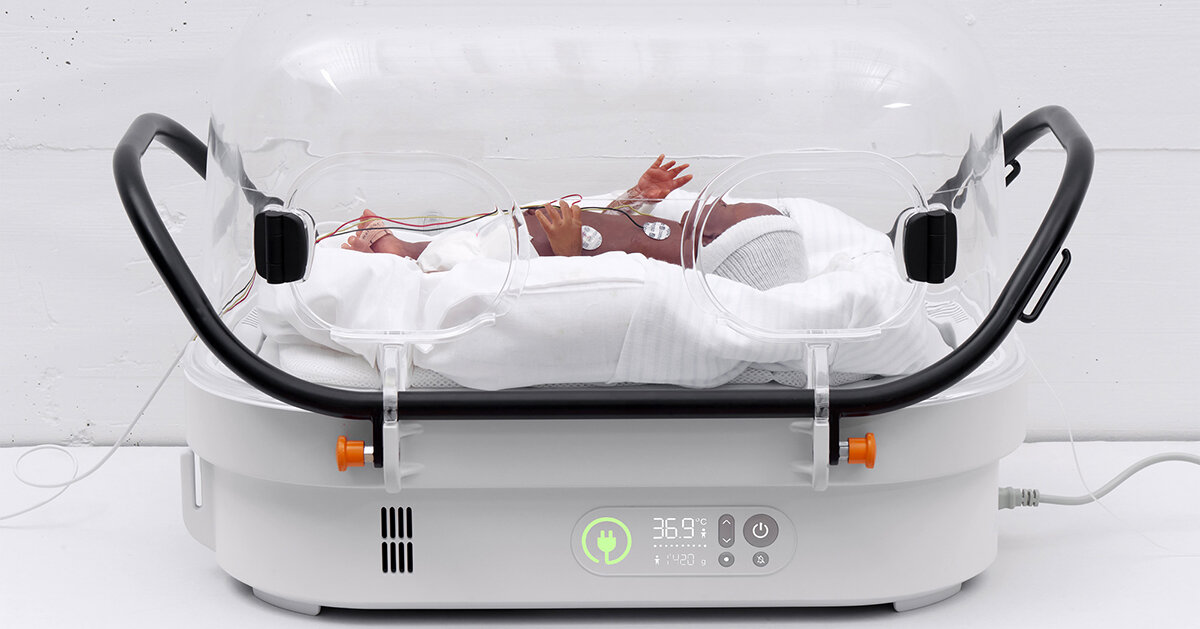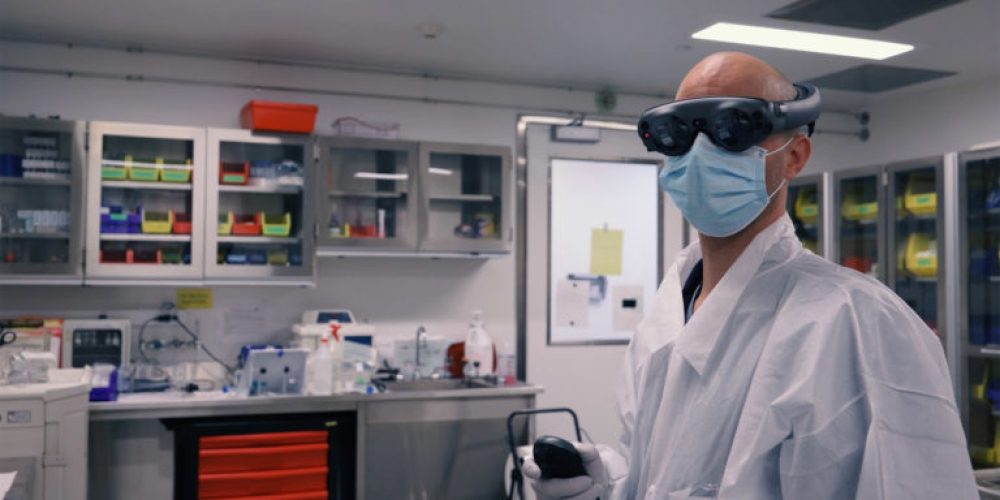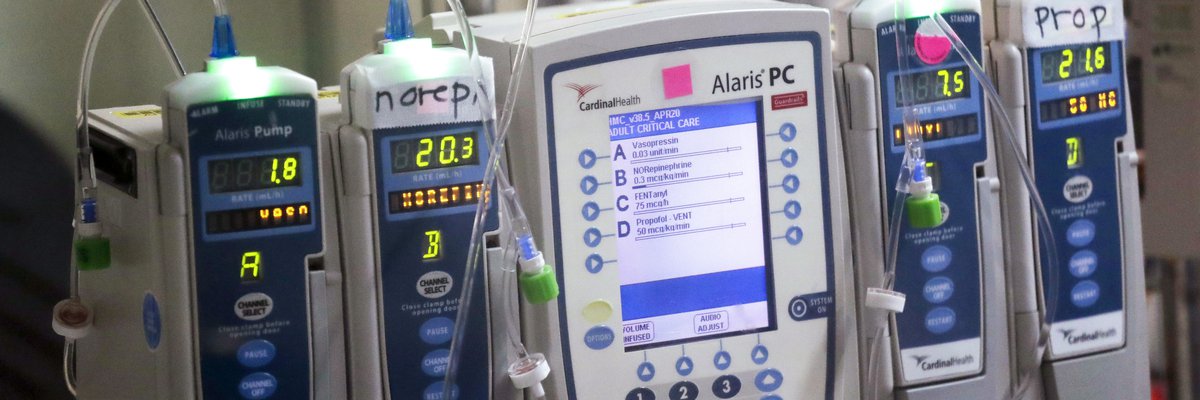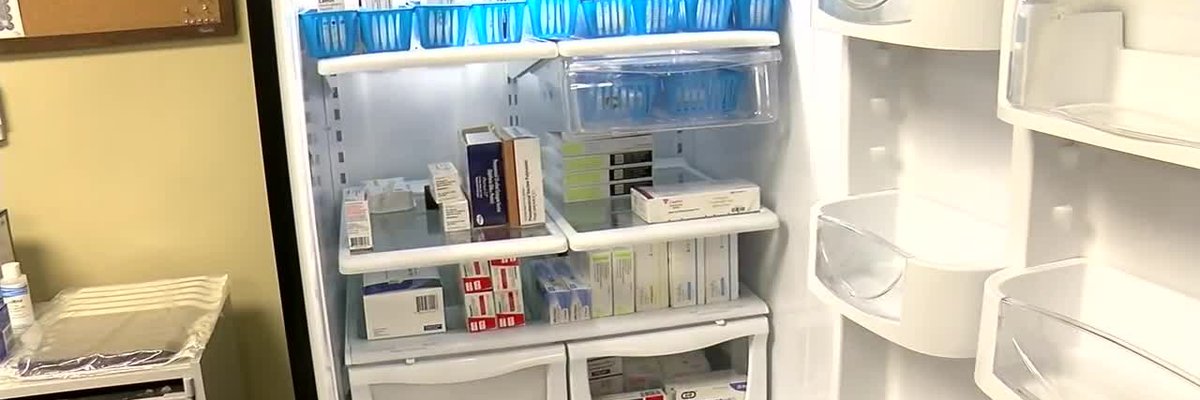Baby incubator are a vital piece of medical equipment used to provide a safe and controlled environment for premature and sick newborns. They are designed to provide the optimal temperature, humidity, and oxygen levels for the baby, and can be used to monitor the baby’s vital signs. Incubators are used in neonatal intensive care units (NICUs) to help babies born prematurely or with medical conditions to survive and thrive. They are also used in the home for babies who need extra care and monitoring. This introduction will provide an overview of baby incubators, their uses, and the benefits they provide to newborns.
The Pros and Cons of Using a Baby Incubator in the Home
The use of a baby incubator in the home can be a beneficial tool for parents who are expecting a premature baby or who have a newborn with health complications. However, there are both pros and cons to consider before making the decision to use a baby incubator in the home.
The primary benefit of using a baby incubator in the home is that it can provide a safe and comfortable environment for a premature or ill baby. An incubator can help regulate the baby’s temperature, humidity, and oxygen levels, which can be beneficial for a baby’s health. Additionally, the incubator can provide a sterile environment that can help protect the baby from infection.
On the other hand, there are some drawbacks to using a baby incubator in the home. One of the primary concerns is the cost. Baby incubators can be expensive, and the cost of purchasing and maintaining one can be prohibitive for some families. Additionally, the use of an incubator can be complicated and require specialized training. It is important to make sure that the parents are properly trained in the use of the incubator before bringing it home.
Finally, it is important to consider the emotional impact of using a baby incubator in the home. While the incubator can provide a safe and comfortable environment for the baby, it can also be a source of stress for the parents. It is important to make sure that the parents are emotionally prepared for the experience of caring for a baby in an incubator.
In conclusion, the use of a baby incubator in the home can be beneficial for parents who are expecting a premature baby or who have a newborn with health complications. However, it is important to consider the cost, complexity, and emotional impact of using an incubator before making the decision to bring one home.
The History of Baby Incubators and Their Impact on Neonatal Care
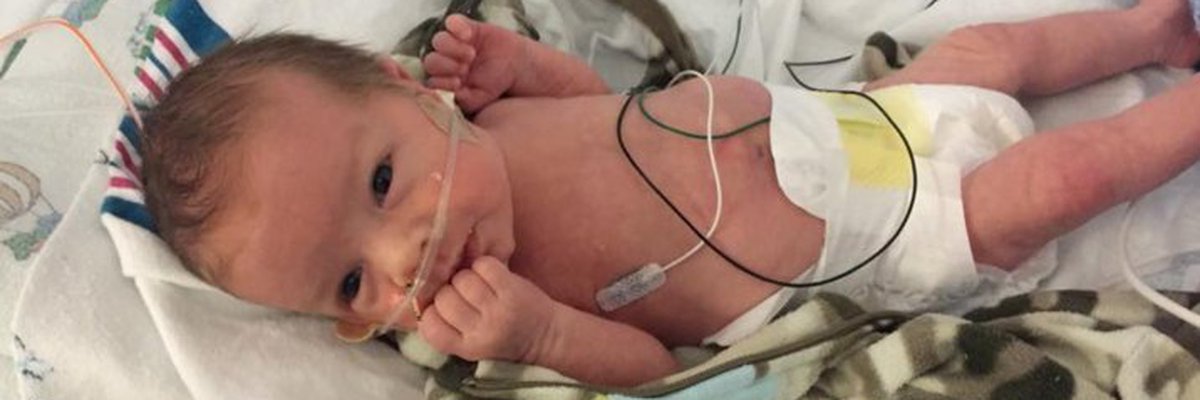
The invention of the baby incubator has had a profound impact on neonatal care. Developed in the late 19th century, the baby incubator was a revolutionary medical device that allowed premature and ill newborns to be kept in a controlled environment, providing them with the best chance of survival.
The first baby incubator was invented in 1881 by French physician, Dr. Pierre Budin. He was inspired by the work of Dr. Stephen Babington, who had developed a similar device for chickens. Budin’s incubator was a wooden box lined with wool and heated by a lamp. It was designed to keep newborns warm and protect them from infection.
The first successful use of a baby incubator was in 1883, when a premature baby was placed in one and survived. This success led to the development of more advanced incubators, which were made of metal and had temperature and humidity controls.
The use of baby incubators quickly spread throughout the world. In the United States, the first baby incubator was used in 1888 at the New York Foundling Hospital. By the early 20th century, incubators were being used in hospitals and clinics around the world.
The use of baby incubators has had a significant impact on neonatal care. Before the invention of the incubator, premature and ill newborns had very little chance of survival. With the use of incubators, however, these babies now have a much better chance of survival.
Incubators also allow doctors and nurses to monitor the health of newborns more closely. This allows them to provide more timely and effective care.
The invention of the baby incubator has revolutionized neonatal care and has saved countless lives. It is a testament to the power of medical innovation and its ability to improve the lives of those in need.
The Latest Innovations in Baby Incubator Technology
Advances in technology have revolutionized the way medical professionals care for premature and critically ill newborns. Baby incubators are a prime example of this, with the latest innovations providing a safe and comfortable environment for newborns in need of extra care.
The latest baby incubators are designed to provide a controlled environment for newborns, with features such as temperature and humidity control, oxygen delivery, and adjustable lighting. Many of these incubators also feature advanced monitoring systems that allow medical staff to keep a close eye on the baby’s vital signs.
The latest incubators also feature improved insulation and air circulation systems, which help to reduce the risk of infection. This is especially important for premature babies, who are more susceptible to infection. The insulation also helps to keep the baby warm and comfortable, which is essential for their development.
Another important innovation in baby incubator technology is the use of advanced sensors. These sensors can detect changes in the baby’s vital signs, such as heart rate and oxygen levels, and alert medical staff if there is a problem. This allows medical staff to intervene quickly and provide the necessary care.
Finally, the latest incubators are designed to be more user-friendly for medical staff. Many of these incubators feature intuitive touchscreens and easy-to-use controls, which make it easier for medical staff to adjust the settings and monitor the baby’s condition.
These are just a few of the latest innovations in baby incubator technology. With these advances, medical professionals can provide the best possible care for premature and critically ill newborns.
How to Choose the Right Baby Incubator for Your Needs

When it comes to choosing the right baby incubator for your needs, there are a few important factors to consider. First, you should determine the size of the incubator you need. Baby incubators come in a variety of sizes, from small, portable units to larger, more complex models. The size of the incubator you choose should be based on the size of the baby and the amount of space you have available.
Second, you should consider the features of the incubator. Different models offer different features, such as temperature control, humidity control, oxygen delivery, and more. Make sure to choose an incubator that has the features you need to provide the best care for your baby.
Third, you should consider the cost of the incubator. Baby incubators can range in price from a few hundred dollars to several thousand dollars. Make sure to research different models and compare prices to find the best value for your money.
Finally, you should consider the safety features of the incubator. Make sure to choose an incubator that meets all safety standards and is designed to provide the best care for your baby.
By considering these factors, you can ensure that you choose the right baby incubator for your needs. With the right incubator, you can provide the best care for your baby and ensure their safety and comfort.
The Benefits of Using a Baby Incubator
A baby incubator is a device used to provide a controlled environment for premature or ill newborns. It is designed to provide a warm, safe, and sterile environment for the baby to grow and develop. The use of a baby incubator can be beneficial for both the baby and the parents.
The primary benefit of using a baby incubator is that it helps to regulate the baby’s temperature. Premature babies are unable to regulate their own body temperature, so the incubator helps to keep them warm and comfortable. This is especially important for babies born before 37 weeks gestation, as their bodies are not yet fully developed and they are more prone to hypothermia. The incubator also helps to reduce the risk of infection, as it is a sterile environment.
The use of a baby incubator can also help to reduce stress for the parents. Knowing that their baby is in a safe and controlled environment can provide peace of mind and help to reduce anxiety. It can also help to reduce the amount of time the baby needs to stay in the hospital, as the incubator can provide the necessary care and support for the baby to grow and develop.
Finally, the use of a baby incubator can help to improve the baby’s overall health. The incubator helps to provide a stable environment for the baby, which can help to reduce the risk of complications and improve the baby’s chances of survival. It can also help to reduce the risk of long-term health problems, such as cerebral palsy, by providing the necessary support for the baby’s development.
In conclusion, the use of a baby incubator can be beneficial for both the baby and the parents. It helps to regulate the baby’s temperature, reduce the risk of infection, reduce stress for the parents, and improve the baby’s overall health. For these reasons, the use of a baby incubator is highly recommended for premature or ill newborns.
Conclusion
Baby incubators are an invaluable tool for helping premature babies survive and thrive. They provide a safe and controlled environment for babies to grow and develop, and can be used to treat a variety of conditions. With advances in technology, baby incubators are becoming increasingly sophisticated and are able to provide more precise and effective care for premature babies. As a result, more and more babies are surviving and thriving thanks to the use of baby incubators.
